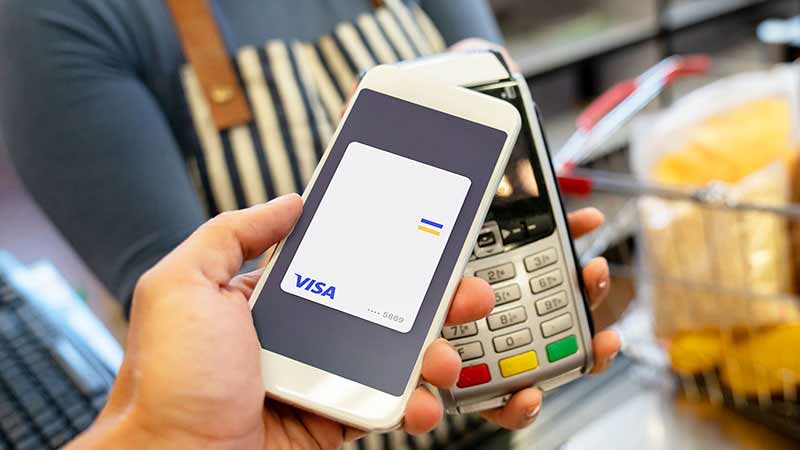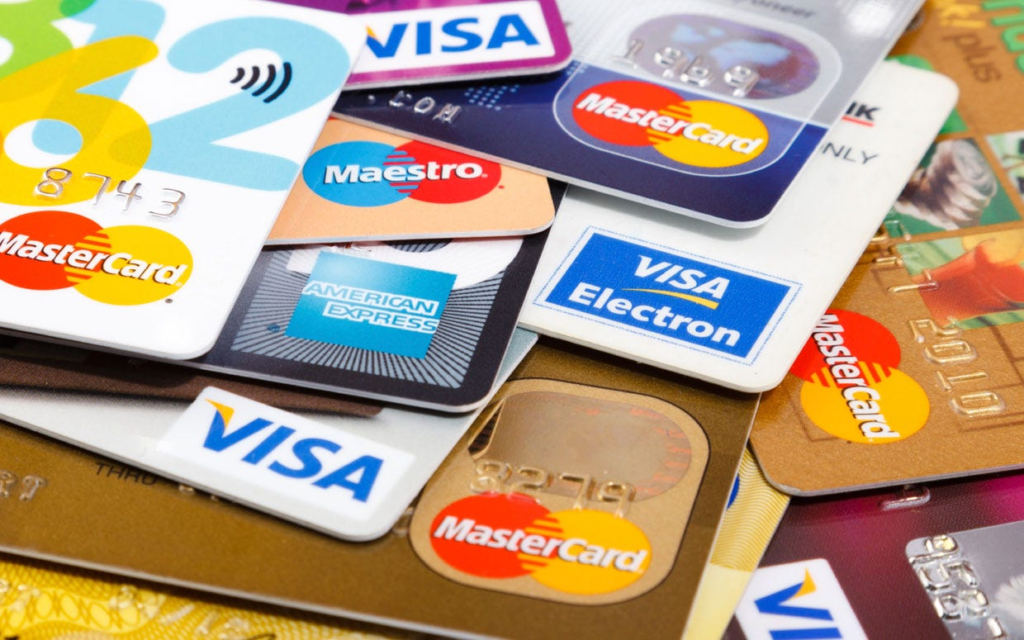
In today’s fast-paced world, bank cards—credit and debit cards—have become indispensable tools for managing financial transactions. They simplify purchases, enhance security, and provide valuable insights into spending habits. But what makes these cards so popular, and how do they truly relieve the burden of managing bank transactions?
Convenience: A Cashless Economy in Action
One of the most compelling reasons to use bank cards is the unmatched convenience they offer. Whether you’re shopping in a physical store, making an online purchase, or paying bills, bank cards make transactions seamless. Here’s how:
Quick and Easy Payments
Gone are the days of counting cash or writing checks. With a simple swipe, tap, or insertion, payments are processed in seconds. Contactless cards, in particular, have revolutionized how transactions are conducted, especially for small purchases. You can simply tap your card on the payment terminal, and you’re good to go.
Streamlined Bill Payments
Many utility providers, lenders, and subscription services accept bank card payments. By automating these payments through your card, you can avoid missed deadlines, late fees, and the hassle of remembering due dates. This automation ensures financial obligations are met promptly.
Online Shopping and Subscriptions
The rise of e-commerce has further highlighted the utility of bank cards. They enable access to global marketplaces, allowing you to shop from the comfort of your home. Subscriptions for services like streaming platforms, gym memberships, and cloud storage are also easily managed via recurring card payments.
Eliminating Cash Handling Risks
Carrying large amounts of cash increases the risk of theft or loss. Bank cards offer a safer alternative, reducing the need to withdraw or handle physical money. This convenience is particularly useful when traveling or making high-value purchases.
Enhanced Security Features
Bank cards are not just about ease of use—they also provide robust security features that cash simply cannot match.
Fraud Protection
In the unfortunate event of unauthorized transactions, most banks offer fraud protection services. If your card is lost, stolen, or used fraudulently, you can report it immediately, and your bank will freeze the account to prevent further misuse. Many institutions even reimburse the lost funds after investigation.
EMV Chip Technology
Modern bank cards are equipped with EMV chip technology, which encrypts transaction data, making it nearly impossible for fraudsters to clone your card. This feature adds an extra layer of security, especially for in-store purchases.
Contactless Payments
With contactless cards, you don’t have to hand your card to the cashier or insert it into a terminal. This reduces the risk of card skimming and other physical security threats. Additionally, most contactless cards require authentication for high-value transactions, ensuring protection even if the card is lost.
Two-Factor Authentication
For online purchases, many banks enforce two-factor authentication (2FA), requiring you to verify transactions using an OTP (One-Time Password) or biometric login. This minimizes the risk of unauthorized online purchases.
Financial Management and Budgeting
Using bank cards can be a powerful tool for managing your finances and sticking to a budget.
Transaction Records
Every transaction made using a bank card is recorded on your bank statement. This transparency allows you to track spending habits, identify unnecessary expenses, and make informed financial decisions. Many banks also categorize expenses (e.g., groceries, utilities, entertainment), making it easier to understand where your money goes.
Real-Time Alerts
Mobile banking apps linked to your card provide real-time alerts for every transaction. This instant notification system helps you monitor spending and detect unauthorized activity.
Budgeting Tools
Some cards come with integrated budgeting tools or partner with financial management apps. These tools allow you to set spending limits, track progress against your budget, and receive insights into saving opportunities.
Rewards for Disciplined Spending
Many banks reward customers for responsible card usage. For example, you might earn points or cashback on purchases, which can be redeemed for discounts, gift cards, or even travel.
Rewards and Incentives: Maximizing Benefits
Using a credit or debit card doesn’t just simplify transactions—it can also reward you in surprising ways.
Cashback and Points
Many credit cards offer cashback or points for every dollar spent. These rewards can be redeemed for various benefits, including discounts on future purchases, gift cards, or even cash deposits back into your account.
Travel Perks
Travel enthusiasts can benefit from credit cards that offer air miles, lounge access, and travel insurance. By using these cards for travel-related expenses, you can earn significant rewards that make vacations more affordable and enjoyable.
Retail and Dining Offers
Some bank cards provide exclusive discounts and offers at partner retailers and restaurants. These perks can significantly enhance the value of your purchases.
Bonus Categories
Certain cards offer bonus rewards for specific categories such as groceries, fuel, or online shopping. By aligning your card usage with these categories, you can maximize the benefits.
Building and Maintaining a Credit Score
Credit cards, in particular, are invaluable tools for building and maintaining a strong credit history.
Demonstrating Creditworthiness
When you use a credit card responsibly—paying bills on time and maintaining low balances—you demonstrate creditworthiness to lenders. This can lead to better loan terms, lower interest rates, and higher credit limits in the future.
Credit Mix
Using a credit card diversifies your credit mix, which is an important factor in your credit score. A healthy mix of credit types (e.g., credit cards, auto loans, mortgages) reflects positively on your financial profile.
Monitoring Credit Reports
Many banks provide free credit score monitoring as a cardholder benefit. Regularly reviewing your score can help you identify areas for improvement and detect inaccuracies or fraud in your credit report.
Emergency Preparedness
Life is unpredictable, and financial emergencies can arise at any time. Bank cards provide a safety net for such situations.
Access to Immediate Funds
Credit cards allow you to make essential purchases even when you don’t have enough funds in your checking account. This can be life-saving during medical emergencies or urgent travel needs.
Cash Advances
Although not recommended for regular use, cash advances from credit cards can provide immediate liquidity in dire situations. However, it’s important to understand the associated fees and interest rates.
Payment Flexibility
Many credit cards offer installment plans or deferred payment options, allowing you to manage large expenses without straining your finances.

Global Acceptance and Ease of Travel
Bank cards are universally accepted, making them essential for international travelers.
Currency Conversion
With a bank card, there’s no need to exchange large amounts of currency before traveling. Transactions are processed at the current exchange rate, often with lower fees than currency exchange services.
Travel Insurance
Some cards include complimentary travel insurance, covering trip cancellations, medical emergencies, and lost luggage. This added protection can save you thousands of dollars in unforeseen expenses.
Hassle-Free Hotel and Car Rentals
Hotels and car rental companies often require a credit card for reservations. Using a credit card also provides added security, as these establishments may place holds on funds during your stay.
Also Read: Avoid Overpaying for Goods and Services in 2025
Bank cards have revolutionized the way we manage financial transactions. From enhancing convenience and security to offering valuable rewards and budgeting tools, these cards are a cornerstone of modern financial management. However, it’s crucial to use them responsibly. Paying off balances promptly, monitoring transactions, and understanding card terms will help you maximize benefits while avoiding pitfalls like debt accumulation.
By incorporating bank cards into your financial routine, you can enjoy a seamless, secure, and rewarding payment experience that relieves the burden of traditional cash transactions. So, embrace the cashless revolution and let your bank card be your partner in financial success.





